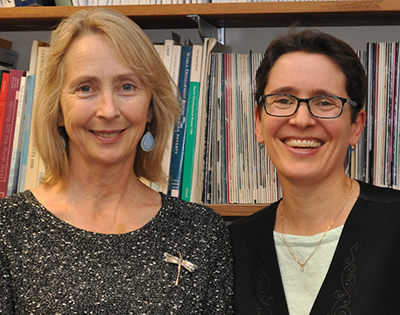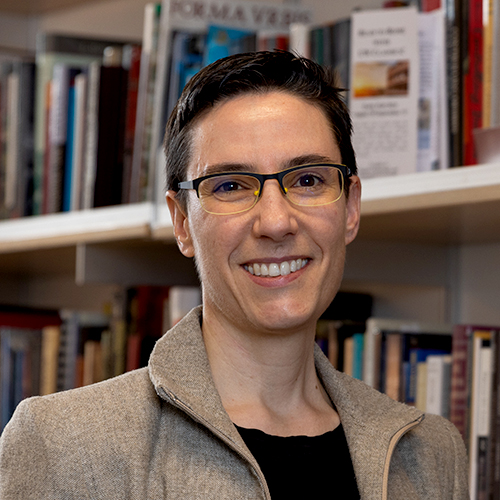
Seattle is the 15th largest city in the country, yet we have the 3rd highest unhoused population. Why is that?
In 2015, the state of homelessness led both the City of Seattle and King County to declare states of emergency, a designation that suggests a short term, high-priority problem. But the numbers have grown since then. The 2015 One Night Count found 10,047 people experiencing housing instability: counting people living in tents and cars, staying overnight in shelters and/or staying in short-term transitional housing. In January 2020, the one night count found 11,751 people experiencing homelesssness — a 17% increase since the declaration of emergency.
This is clearly not a short-term emergency.
Honors Program director and geography professor Vicky Lawson has been studying root causes of poverty throughout her 30-year career. She is quick to point out that Seattle’s history of houslessness can be traced all the way back to the founding of the city, when the Duwamish people were displaced from their land by new settlers. We’ve continued to see unhoused populations through the city’s evolution from an industrial timber town to a tech hub.

Lawson co-founded the Relational Poverty Network with Geography professor Sarah Elwood in 2014, to merge academic and activist findings to better understand the power and privilege dynamics that lead to impoverishment. She brings her research into the classroom, helping students examine the many-faceted issues that resulted in Seattle’s present day.
In her Abolishing Poverty class, Lawson takes students through "a project of unlearning what they think they know about people who are experiencing homelessness,” she says. “We look at all the money being spent. We look at all the policies. We look at all the actors. And we find that there’s a long story to tell about not only the fact of houselessness, but the root causes of it.”
Courtney Hooks, a major in law, societies & justice, signed up for the class to understand the reasons for housing instability. Based on her family’s experiences, she had a sense of the relationship between race, criminal justice, and housing instability. The class gave her better insight into the experiences of close friends and family.
More Stories

Exploring Connections Through Global Literary Studies
The UW's new Global Literary Studies major encourages students to explore literary traditions from around the globe and all eras of human history.

What the Sky Teaches Us
Brittany Kamai, an astrophysicist with knowledge of Pacific Islanders' Indigenous navigation using the sky, is teaching a new UW course, Pacific Indigenous Astrophysics.

Lifting Marginalized Voices — from Ancient Rome
"Interesting, frustrating, and necessary,” is how Sarah Levin-Richardson, professor of Classics, describes her research into the lives of enslaved individuals in the ancient world.